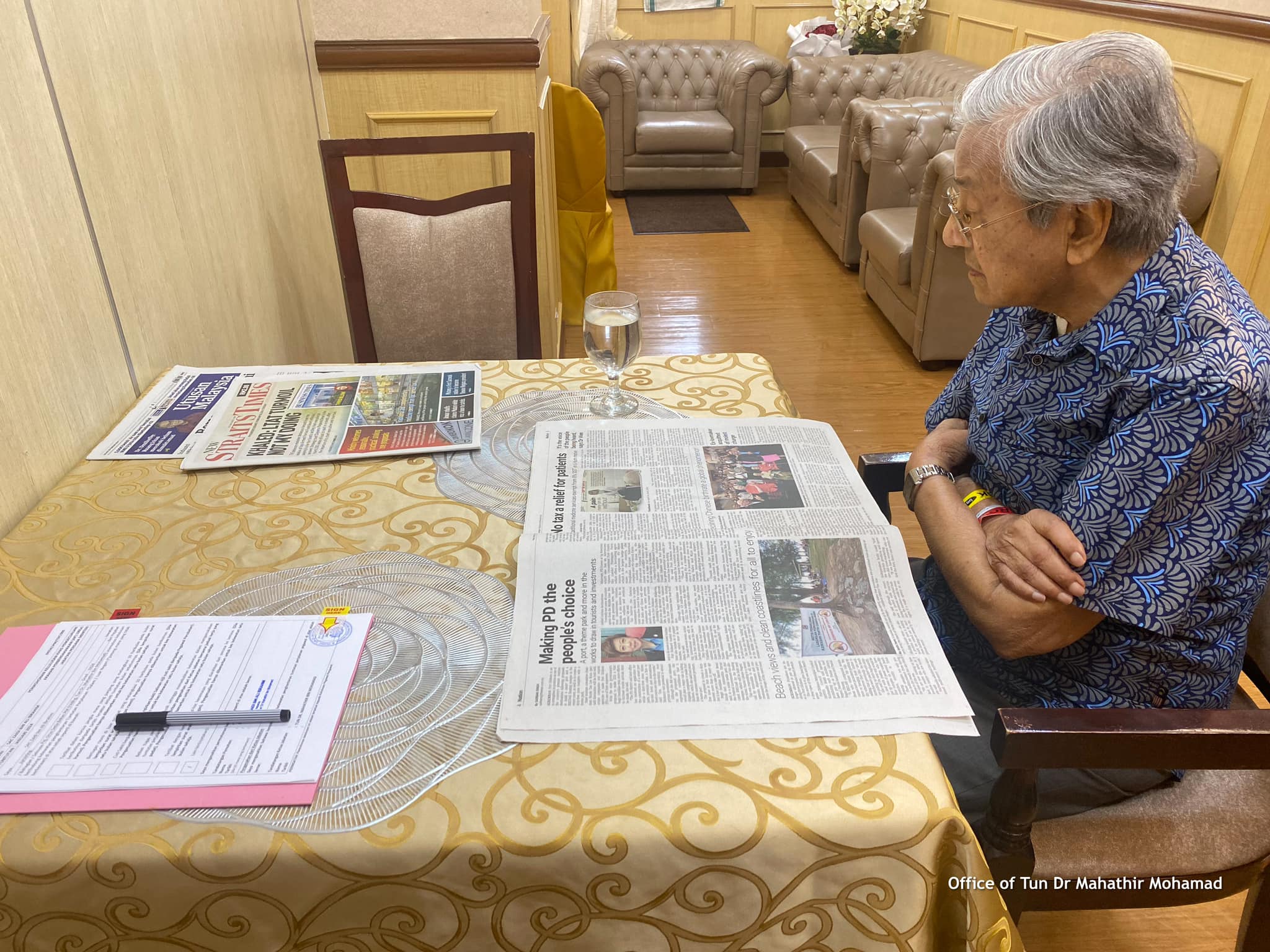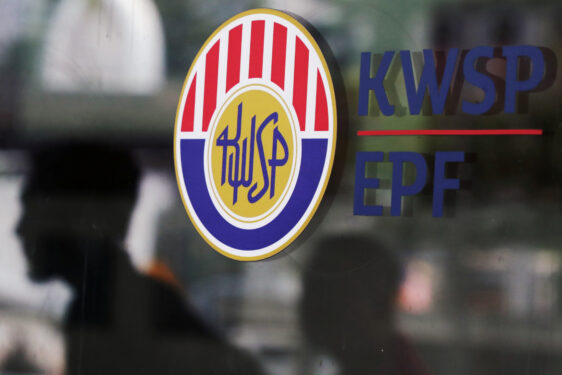THE constitution reform initiated by twice former premier Tun Dr Mahathir Mohamad in 1994 is the reason why the Yang di-Pertuan Agong’s (YDPA) power has been further diluted that the latter no longer has the absolute power with regard to a decision to grant a royal pardon.
This issue has cropped up again because of the attempts by the legal team of jailed former prime minister Datuk Seri Najib Razak to call for a judicial review of a royal addendum said to exist.
In a video that is still being circulated widely, renowned constitutional lawyer G.K. Ganesan explained that due to the constitutional amendment which became enforceable from June 24, 1994, Article 40(1) was being inserted which requires the Agong to comply with the Cabinet’s advice.
“It is the most crucial clause on the question of the King’s power over a petition for a pardon,” he stressed in his YiouTube channel GKtv Law.
“The amendment went even further when the Parliament inserted an additional clause, ‘1A’, into Article 40. This clause has been sitting in the Constitution for nearly 30 years.”
This amendment changed the power structure of the Agong and the cabinet. Ganesan explained: “It means that if the Cabinet advises the King to decide in a certain way, the King has no choice but to comply.”
Although the ‘compliance principle’ was well-accepted for almost eight centuries across common law jurisdictions, Ganesan said what Dr Mahathir did was to put it “expressly” in case people forget.
“If the Pardons Board advises the King to treat a petition of mercy in a certain way, the King must comply with the advice of the Pardons Board,” he opined. “His Majesty, with respect, has no choice.”
Article 40 (1A) in the Federal Constitution reads: “In the exercise of his functions under this Constitution or federal law where the YDPA is to act in accordance with advice, on advice or after considering advice, the YDPA shall accept and act in accordance with such advice.”
With this in view, it is clear how a decision would have been arrived at between the former YDPA Sultan Abdullah Sultan Ahmad Shah and the Pardons Board.

In fact, according to Ganesan, Article 42 (9) further states that members of the Pardons Board have to consider the Attorney-General’s (AG) written opinion before tendering the Board’s advice to the Agong.
A decision by the YDPA or the Pardons Board, therefore, cannot be done arbitrarily based on the YDPA’s own sole discretion or the political considerations of any member of the Board but the final decision has to take into consideration a number of views including the legal aspects and impact on society.
As in any Board meeting where the YDPA does not exercise his absolute power, mutual respect must exist between the YDPA and members of the Board. The remaining four members of the Board would have to listen to the YDPA and AG’s views before giving their own views.
The final decision which the YDPA announced is therefore based on a comprehensive study and thorough discussions between Sultan Abdullah and members of the Board. This is with regard to Najib’s jail sentence, fine and now the royal addendum that purportedly allows Najib to be placed under house arrest.
The said constitutional amendment was made in 1994 when Najib would have been serving as a minister in Dr Mahathir’s cabinet.
With all due respect, it is the opinion of this writer that it is highly unlikely that Najib will be placed under house arrest. – April 29, 2024
Main image credit: Dr. Mahathir bin Mohamad Facebook










